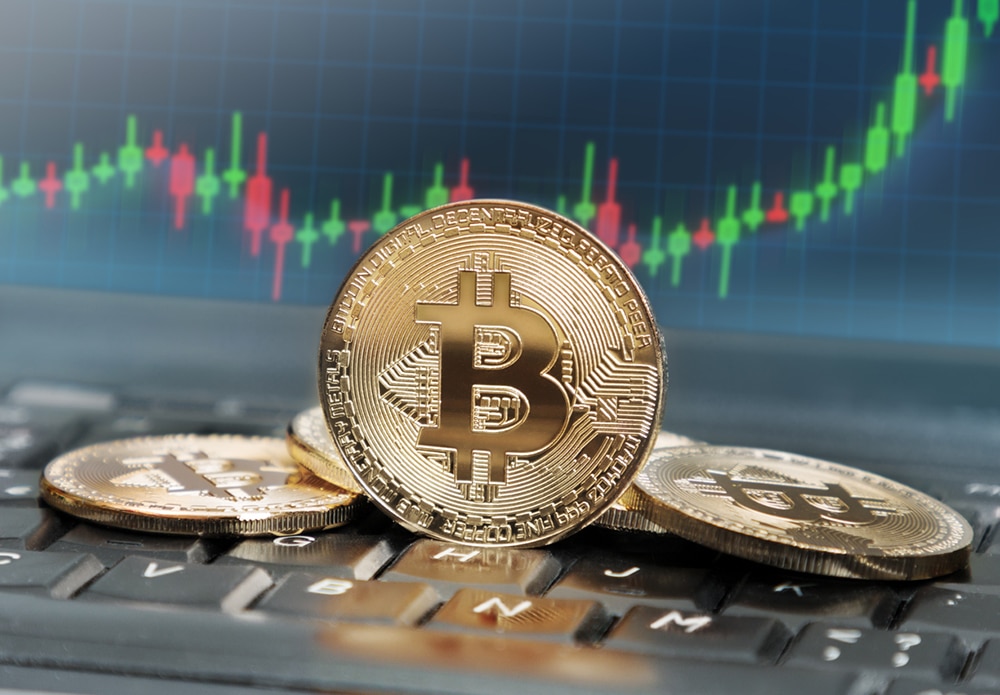I don’t know, and I bet you don’t either.
IS IT A CURRENCY?
Traditionally a currency must perform three functions:
- Currency is a unit of account
- Currency is a storer of value
- Currency is a medium of exchange
So, what does that mean?
Unit of Account: Money is considered a “unit of account” and is divisible, fungible, and countable. With money being countable, it can account for profits, losses, income, expenses, debt, and wealth.
Storer of Value: the currency is stable, and over the short- to mid-term it basically retains its purchasing power. A dollar will buy a can of Coke today and next month.
Medium of Exchange: within a country, it is universally accepted in exchange for goods and services. Generally, there are no transaction (exchange) fees or taxes associated with its use. Some currencies like the USD and the Euro are also international mediums of exchange and may be utilized in international commerce or in countries where the fiat currency is no longer trusted. To use Bitcoin, you must pay a miner a transaction fee, and in the USA, you must record a capital gain or loss on the Bitcoin used in each transaction.
Based on these functions, Bitcoin presently meets some but not all of the functions of money.
IS IT A SECURITY LIKE A STOCK OR BOND?
Stocks, at their most basic level, are fractional ownership shares in a corporation. Their value generally rises and falls based on the fortunes of the underlying company.
Bonds are essentially the promise to repay borrowed money after a period of time together with interim rental payments for the use of the money (interest).
Bitcoin has nothing backing it, and it pays no dividend or interest, so no, it’s not like a traditional security.
IS IT LIKE GOLD OR CAN IT BECOME AN ALTERNATIVE TO GOLD?
Yes and no.
Yes: It derives its value by scarcity like gold. There will only be so much Bitcoin produced. Barring some huge find or Alchemy, there is only a small amount of gold mined each year.
No: crypto has no tangible physical property and has no alternative uses, such as electronics or jewelry, nor is it presently considered a storer of value or medium of exchange.
IS IT A LONG TERM ASSET LIKE A COMMODITY CONTRACT?
This is what the US Treasury and the IRS consider Bitcoin. Something akin to an infinite Commodity contract. You buy or were paid it at price X and used or sell it at a higher price Y (or at a lower price z). Depending on the length of time you hold it, you incurred a short-term or long-term capital gain or loss each time you exchange it. It is considered a sale each time you use it. The government considers it a sale every time you use Bitcoin as a currency to purchase a good or service. This creates a significant tax headache each time it’s used and also creates a significant disincentive to use as a currency. Also, a user incurs a hefty exchange fee from the miner each time it changes hands.
WHAT DO WE KNOW ABOUT BITCOIN AND OTHER CRYPTO-CURRENCIES:
Bitcoin and its underlying technology, Blockchain (AKA Distributed Ledger Technology), were launched in 2009 by Satoshi Nakamoto (pseudonym). The inventor or inventors have remained anonymous, although their invention is considered to be one of the most elegant, influential, and widely applicable inventions of the last century. Blockchain’s field of use is wide, encompassing everything from cryptocurrency, banking, food distribution, land registry, and instantaneous trade reconciliation. The inventors and early adopters have surely profited off the rise in Bitcoin value, as have the established Bitcoin miners who must solve a puzzle each time the Bitcoin ledger is adjusted for a transaction. The Blockchain technology is open source which means anyone can view the code or use the software for free. With this technology or any new, novel, and complex technology, one might wonder if a built-in hack or known vulnerability is hiding in plain sight, which could upend this technology or allow someone to manipulate data or expropriate value.
Finally, Bitcoin can be easily stolen once a wallet’s password is cracked and difficult to trace without expensive forensic accountants.
SO WHAT IS BITCOIN?
Bitcoin is an Asset that’s utility and limits are in the process of being formed by users, governments, transactors and potentially criminals. As Bitcoin ages and its relationships with other asset classes are mapped over time Bitcoin could be considered a storer of value akin to gold, or certain governments may allow it to be used as a substitute or replacement to fiat currency. On the other side it could be deemed a competitor to fiat currency, tool of outlaws and subversives or be hacked and universally banned.
At this time, Bitcoin is like play dough before it’s been extruded and molded into shapes. It has the potential to be many things, but it currently eludes the standard definitions of an established currency, security, or commodity.
Further Questions:
Please contact us if you would like to learn more about Bitcoin, particularly concerning how the Government may treat individuals holding it or advisors purchasing it for clients as both individuals are likely to be under increased IRS and SEC scrutiny going forward.
Thomas Saunders l 267-454-4585 Thomas.Saunders@WinthropPartners.com Winthrop Partners-EPA/WPA/WNY, LLC

Thomas Saunders is the Managing Partner of Winthrop Partners. Prior to founding Winthrop Partners, Tom was Senior Vice President at what is now JP Morgan. His career includes senior and executive roles at Brown Brothers Harriman and First Niagara Bank, a top 25 Bank. Click here to contact Thomas Saunders about your investment and planning requirements.

